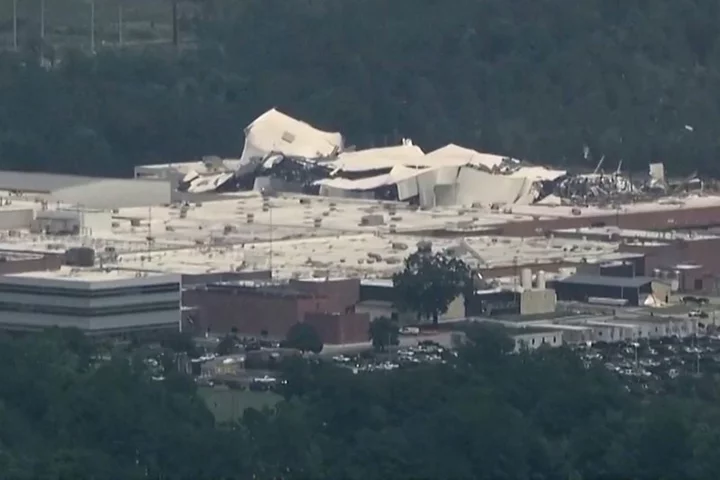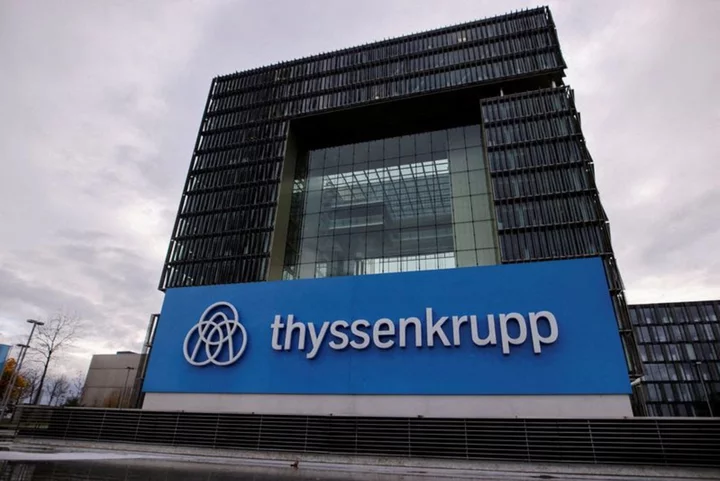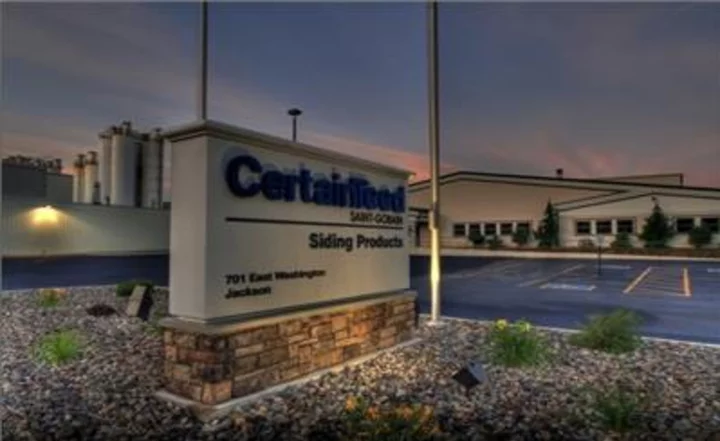By David Ljunggren and Michael Erman
Pfizer Inc CEO Albert Bourla said on Friday that tornado damage this week had almost completely destroyed the drugmaker's warehouse at its Rocky Mount, North Carolina, plant, but that production facilities there do not seem to have suffered damage.
Nonetheless, Bourla told a news conference in Rocky Mount that it will be a monumental task to repair the damage, and will take weeks to restart facilities at the plant, even if there is no structural damage.
Engineers "are now assessing the structural integrity of the buildings," Bourla said. "It appears that most of the damage sustained at the site was at our warehouse ... the facilities that are producing, (it) doesn't seem that they have suffered any damage."
He said crews are working to restore power to the plant. In the meantime, the company is working to identify alternative manufacturing locations for production around the U.S.
The Rocky Mount plant is one of the largest factories for sterile injectable medicines in the world. Products produced there include anesthesia, painkillers and anti-infective medicines for use in hospitals.
Nearly 25% of Pfizer's sterile injectables used in U.S. hospitals are produced there, according to the company's website.
Earlier in the day, Soumi Saha, senior vice president of government affairs at Premier Inc, a company which purchases drugs on behalf of hospitals and health care systems, said limiting damage to the warehouse on the site would be the best case scenario possible, considering the situation.
"Damage to a warehousing facility will cause some downstream impact, but it should be fairly minimal and short term versus if there was sustained damage to any of the manufacturing or production facilities, which could mean longer term impacts and a greater severity of the shortages," Saha said in an interview.
Bourla said it would be some weeks before the absence of production from the plant would be felt at hospitals because there is currently around six weeks of inventory in the channel.
The number of drug shortages in the U.S. is already near a 10-year high, according to data from the American Society of Health-System Pharmacists, and shortages caused by damage at the Pfizer plant could put additional strain on hospitals around the country.
"There are so many shortages already," said Erin Fox, senior director of drug information at University of Utah Health. "Health systems are probably just ordering, ordering, ordering as much as they can, which can really exacerbate and create other shortages."
Pfizer has not disclosed what products specifically it makes at the plant. However, Lisa Mulloy, chief pharmacy officer at New York's Northwell Health, said the health care system's procurement team has been working to procure hydromorphone and fentanyl from other manufacturers and wholesalers.
(Reporting by David Ljunggren and Michael Erman; writing by Rami Ayyub; Editing by Doina Chiacu)









